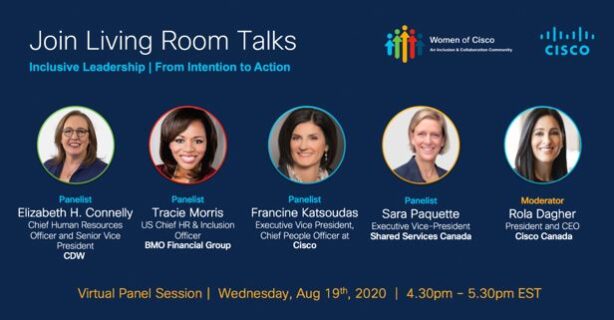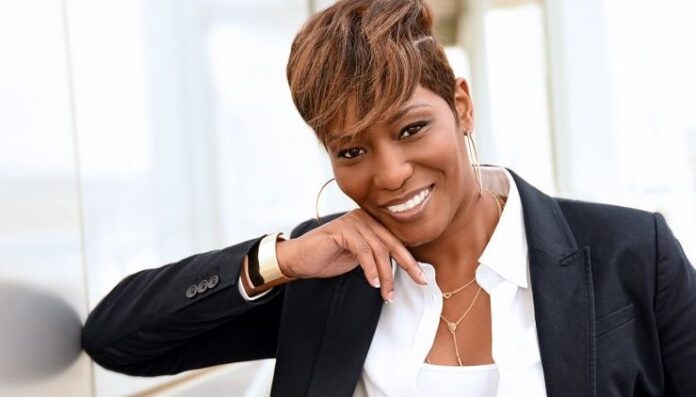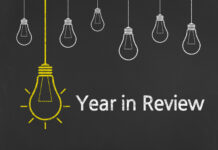Recently, CDW and Cisco Canada came together (virtually of course, thanks to Cisco Webex) for a book club with a unique purpose. Sponsored by the Women of Cisco in Canada, the event was arranged to discuss “That’s BS! How Bias Synapse Disrupts Inclusive Cultures and the Power to Attract Diverse Markets” by Risha Grant.
Why did we choose to discuss this book? Well, let’s take a look at Cisco’s company mission statement: “Powering an inclusive future for all,” which provides Cisco’s intentions as a company, and how they want technology to impact the world.
But mission statements alone mean very little unless you are committed to real action. For example, Cisco Canada recently signed the Black North pledge – created to remove the anti-Black systemic barriers negatively affecting the lives of Black Canadians. It’s a small step towards the more inclusive and diverse future we imagine. There is much work to be done.
The truth is, we all have unconscious bias – even if we don’t know it. So, we all need to be part of the solution. This is a prevailing theme in Grant’s book and the reason we all came together.

How to overcome unconscious bias
We were honored to be joined for the event by the author herself. Risha Grant is the founder and CEO of an award-winning diversity consulting and communications firm. Her mission is to show companies how diversity communication strategies, tactics and training can create an inclusive culture in every company and community and, as a result, increase the bottom line.
Grant reminded us that organizations do not usually have diversity problems. More often, we have people problems – and we need to focus our energy at that level. She talks about how our actions may negatively affect others, even though it may not be our intention.
To get started, she outlines three steps to overcome unconscious bias:
- Identify your “BS” (Bias synapse, those hidden biases we all have).
- Own your BS: Don’t be afraid. Remember, we’re all in the same boat.
- Confront it – and be intentional in order to create change.
Progress can be messy; and we need to encourage these tough conversations in the workplace. We need to bring people together and prepare to be uncomfortable. Only then can we make positive progress.
As Grant writes in the book, “Diversity isn’t about us vs. them, but how our interconnectedness plays a part in a better quality of life for all of us. There is no them, it is only us.” For more on this important topic, please join CDW and Cisco Canada for the next session in Cisco’s webinar series, Living Room Talks: Inclusive Leadership from Intention to Action.








